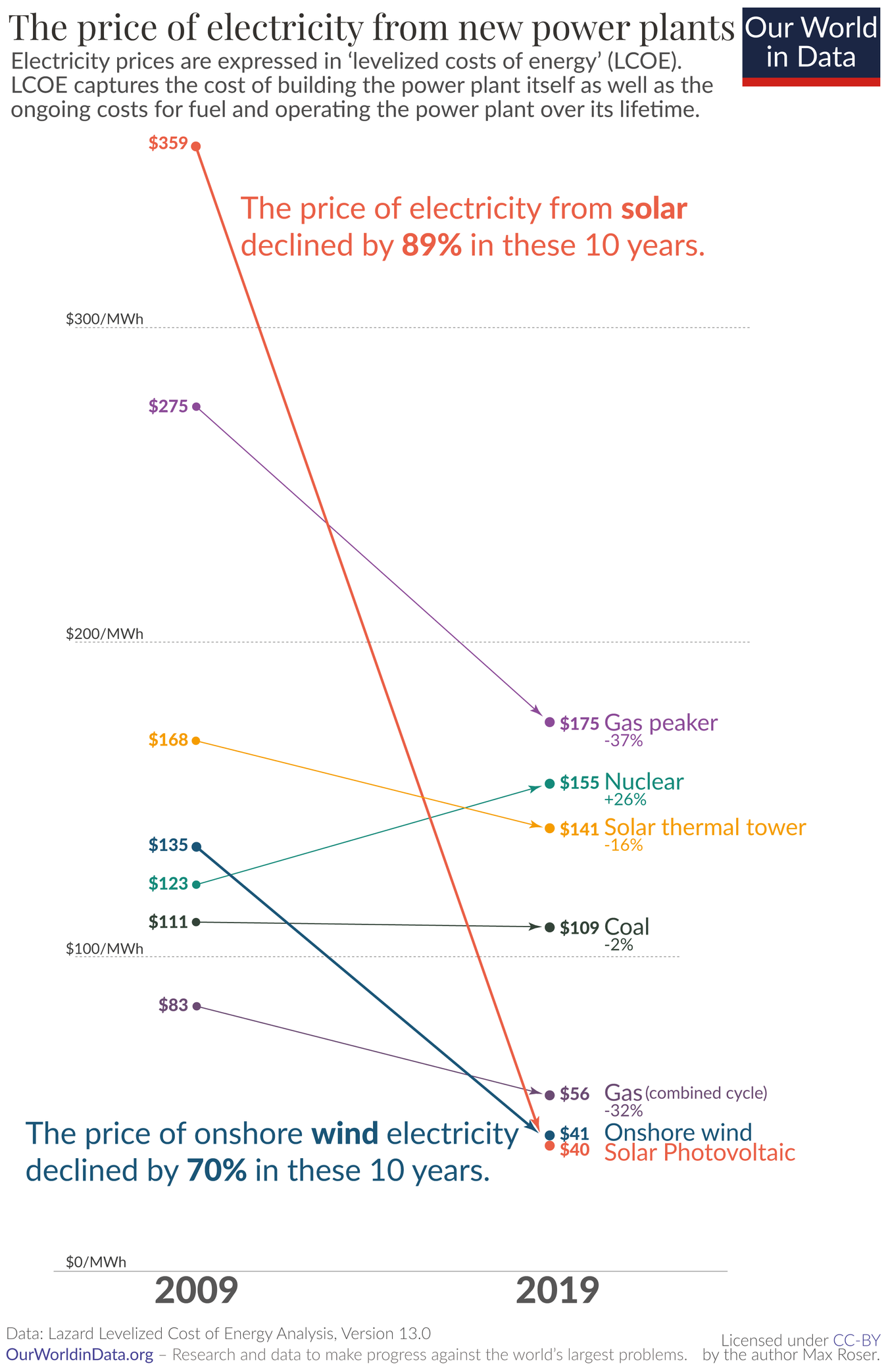Technology
This is the official technology community of Lemmy.ml for all news related to creation and use of technology, and to facilitate civil, meaningful discussion around it.
Ask in DM before posting product reviews or ads. All such posts otherwise are subject to removal.
Rules:
1: All Lemmy rules apply
2: Do not post low effort posts
3: NEVER post naziped*gore stuff
4: Always post article URLs or their archived version URLs as sources, NOT screenshots. Help the blind users.
5: personal rants of Big Tech CEOs like Elon Musk are unwelcome (does not include posts about their companies affecting wide range of people)
6: no advertisement posts unless verified as legitimate and non-exploitative/non-consumerist
7: crypto related posts, unless essential, are disallowed
view the rest of the comments

Agreed. This is spending that our country isn't willing to do, mostly because of what we already have (both in terms of infrastructure and in political influence). Personally, I hate this.
As for Cali's duck curve issue, desalination is a great idea, but expansion of renewables and storage should really come first. Keep in mind that the current Cali grid generates much less dirty power during the day, where solar covers a majority of demand. Should we divert that solar power to desalination, we would need to ramp up dirty power generation during the day, and we would continue to generate dirty power at night.
While I agree with you, we also have to consider what this would do at scale. The 70% of excess power that you lose here translates to wear on the solar panel systems that is never realized into power. That is, the systems will wear at the same rate, but the amount of power you can utilize over the lifespan of the systems is decreased. It's still a better solution than not implementing these at all, but I'd be wary as to how reluctant our society would be to the spending, especially if the ratio of cost to utilization(?) becomes skewed.
Well, that's an issue in of itself. It'd be great if we could waste less power in conventional generation, but it'd be even better if we could match or even beat that with renewables. I hope we can reach a point where everyone can agree to implement renewables sooner than later, but I don't see dirty power's political influence allowing for changes until renewable is equal to or better than dirty power. Which sucks, but a lot about our political system sucks.
That's really more of an indictment on LA having too much parking than anything else.
Put the solar panels on the roofs. Replace the worthless parking lots with more productive buildings. And, obviously, quit forcing everybody to drive everywhere.